Lower parking fines, permitted grace periods and a single appeals service are among the measures contained in a new code of practice for private car park operators.
Intended to clean up the sector, the code outlaws opaque parking rules and heavy-handed demands for payment, and permits innocent errors such as incorrectly entering a car’s registration to count as grounds for appeal. Launched in February, operators are expected to fully adhere to the code by the end of 2023, by which time the new single appeals service is expected to be operational.
“Parked in Padstow on 19 December and paid for a full day’s parking. Received PCN [parking charge notice] as ticket not fully displayed on screen (caught by wind when closing door?); however, 50% visible. Appeal rejected, not because of non-payment but because ticket only partially visible.”
“Received a PCN for apparently overstaying at Daymer. Stupidly went by the time on the actual displayed parking ticket, not aware that they take photos on entrance and exit. Which is useless, as on a busy day it can take 20 minutes to be marshalled to a space, walk to only one ticket machine that was working, realise app is not working, queue up and finally get ticket and place on windscreen; and on exit queue to get out.”
Sourced by Autocar from a popular reviews website, experiences such as these are why the new code is necessary, believes the RAC, which campaigned for its implementation.
“Since clamping was banned on private land, there has been a shift to ticketing instead, with the number of parking charge notices being issued rising year on year at alarming levels,” it says. “While some of these are justified, others are not, and sadly in many cases drivers simply pay up in fear of the consequences, particularly given that follow-up letters can use threatening and intimidating language.”
Did you spot that reference to parking charge notices? Not to be confused with the penalty charge notices that local authorities serve (confusingly, both are abbreviated to PCN), around eight million are issued each year. Before the introduction of the code, the maximum fine (in reality it’s an invoice for breach of contract, but the effect is the same) was £100, or £60 if you paid in 14 days. Now the maximum fine is £70 or £50, depending on the seriousness of the breach.
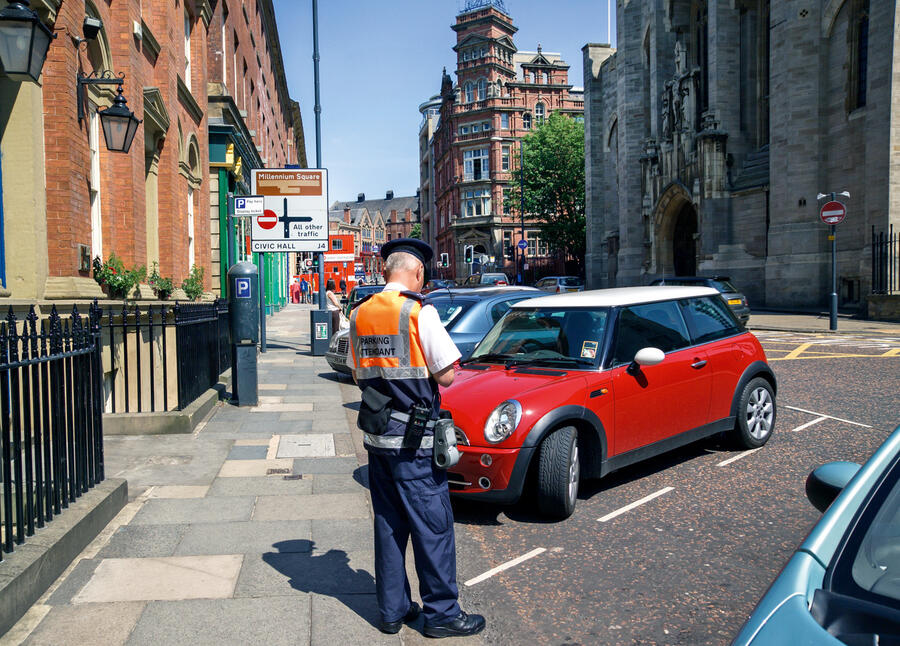

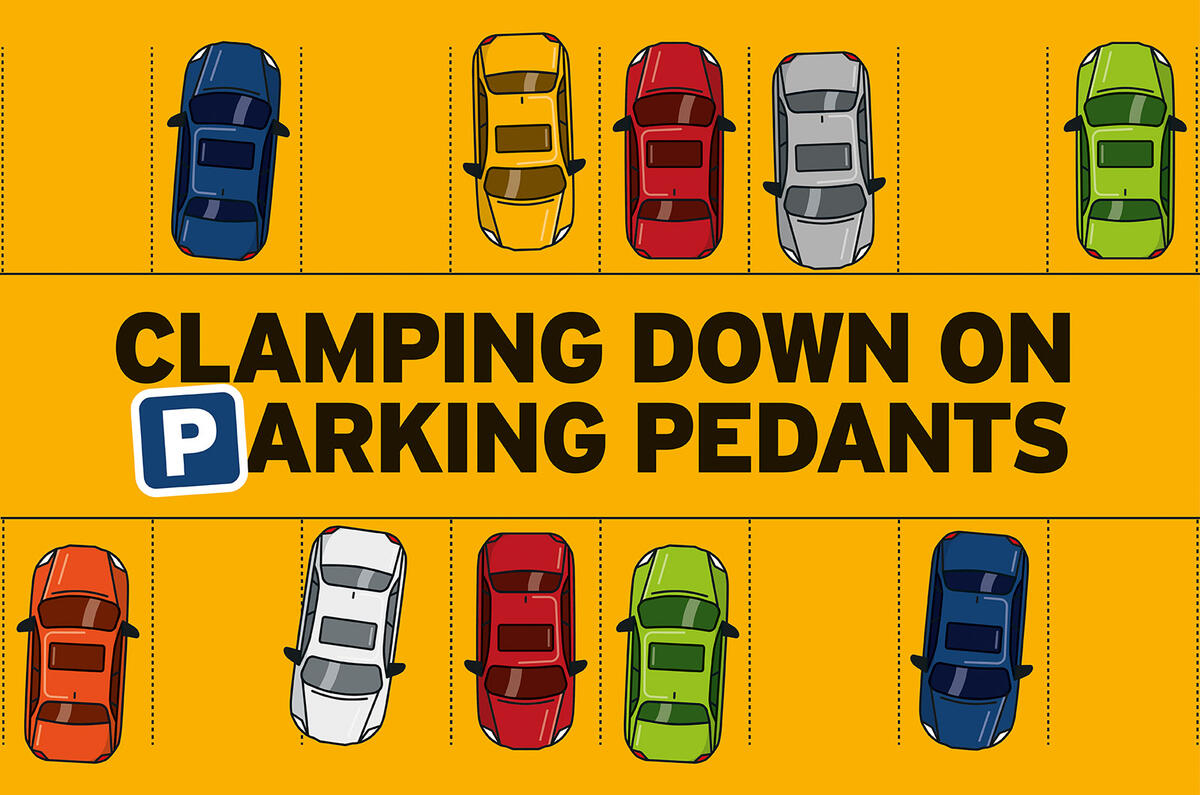
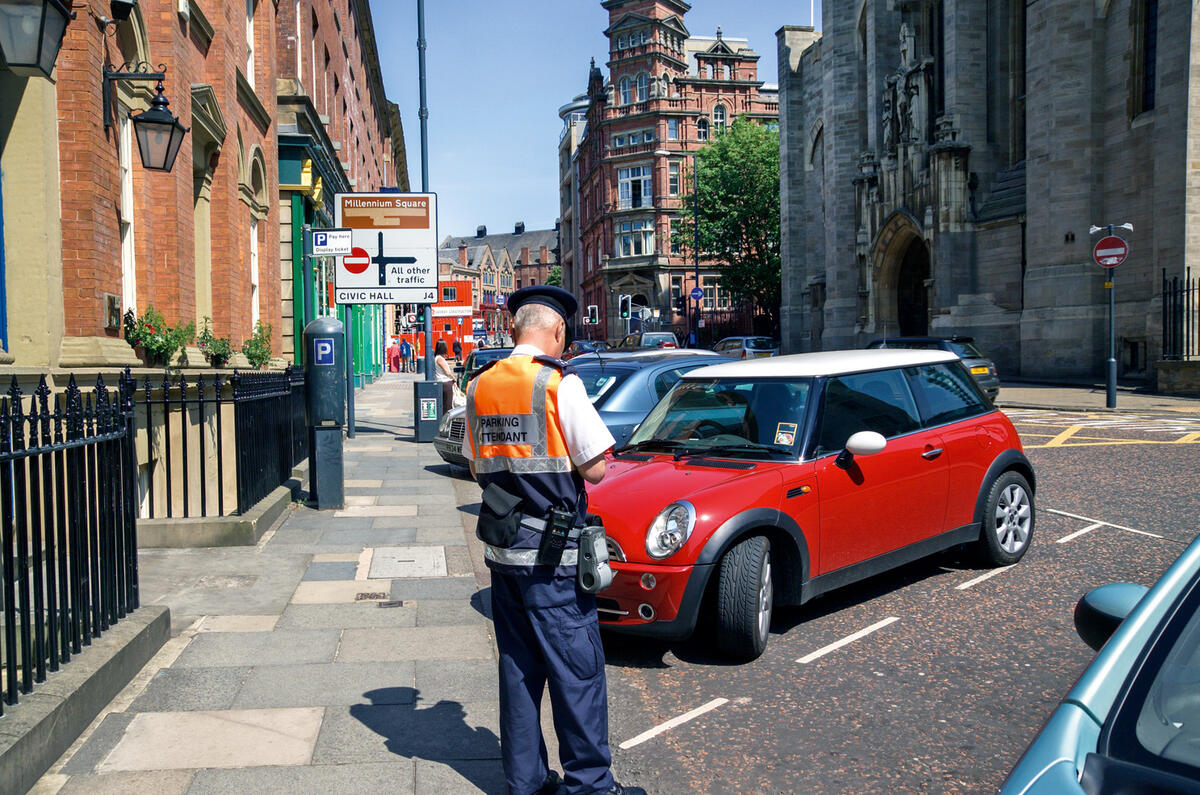


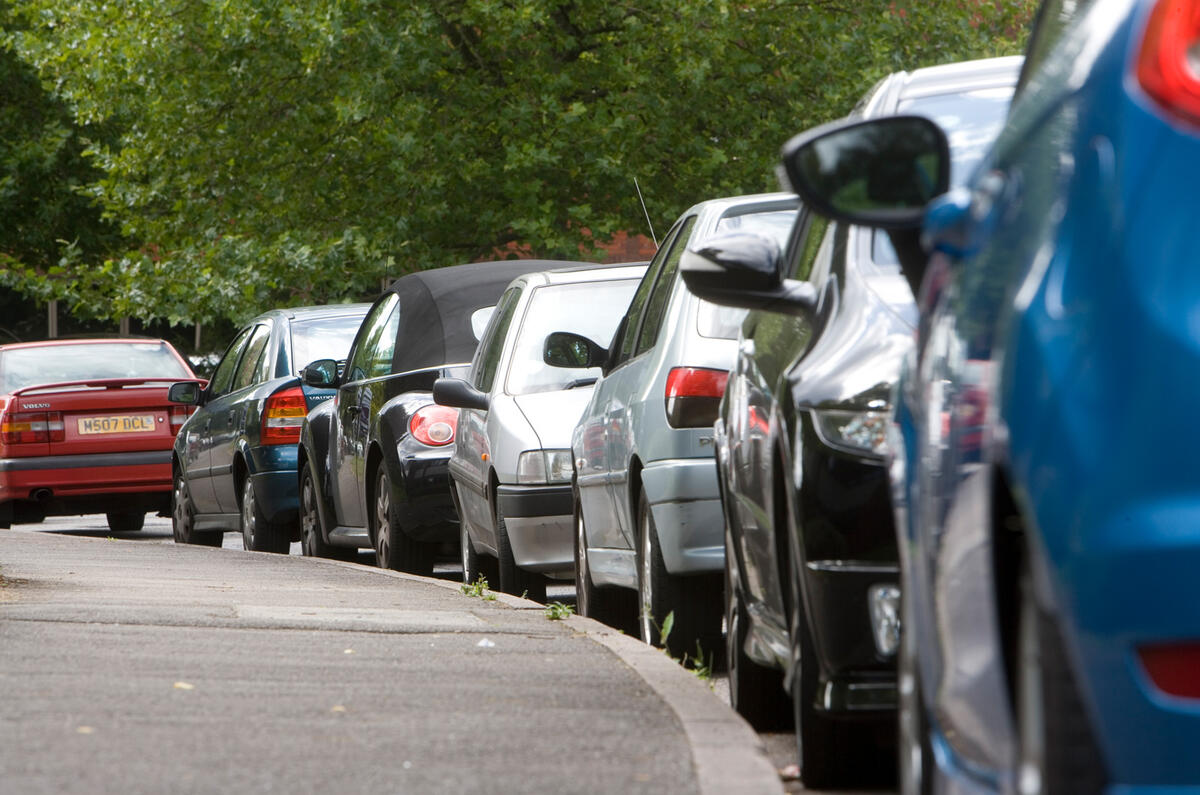
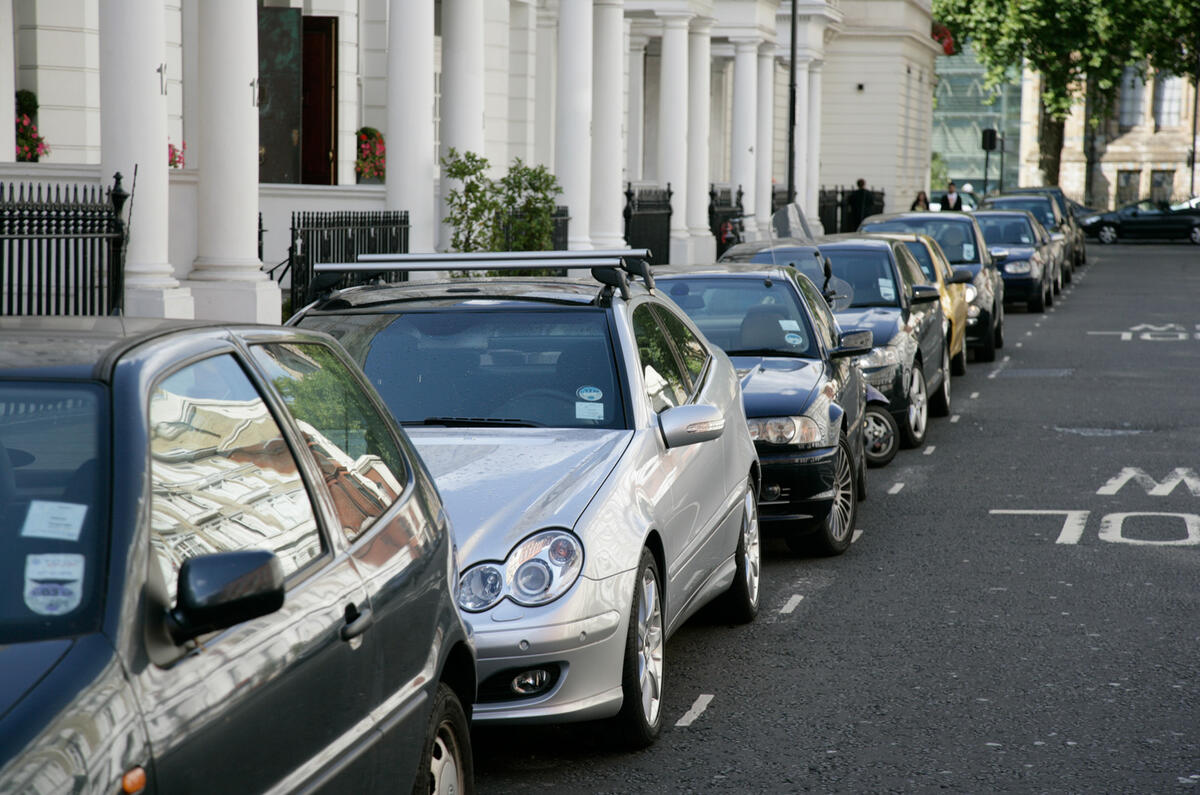
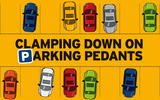







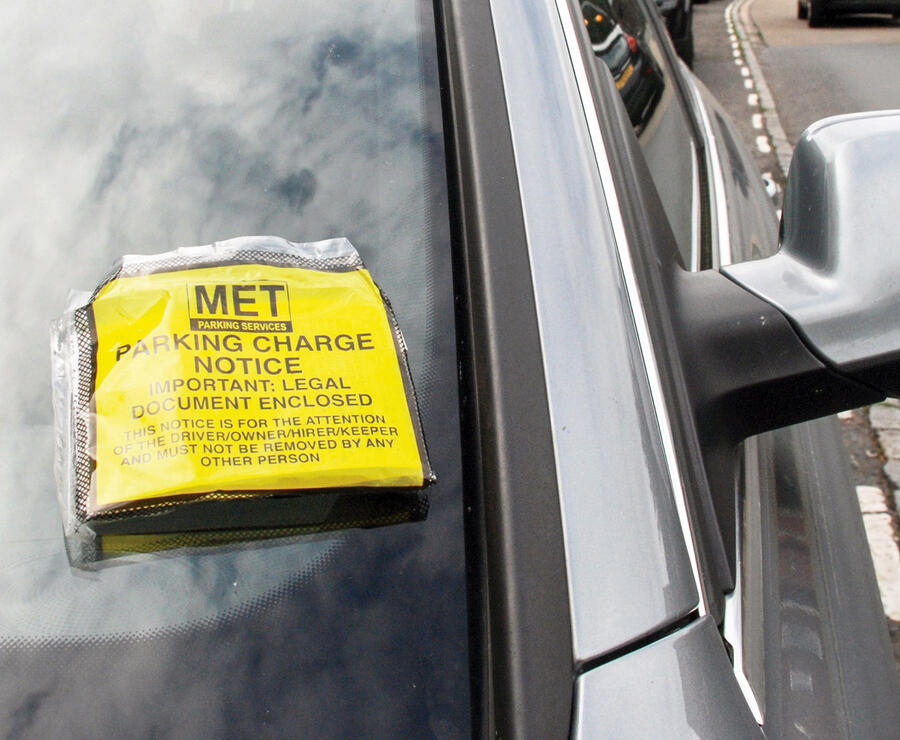


Join the debate
Add your comment
IAS is owned lock stock an barrel by IPC who in turn are connected to Gladstones Solicitors, a legal firm that specialises in prosecuting motorists for unpaid parning charges. Mr Hurley was previously a director of Gladstones Solicitors. The remaining director of Gladstones Solicitors is Jonathan Davies. The IPC is part of United Trade and Industries and a quick check at Companies House reveals the directors are none other than Messrs Hurley and Davies. The IAS is opaque with unamed adjudicators incorrectly applying criminal law to civil cases and guaranteeing parking company 80% success rate, irrespective of the merits of appeal. The connection with Gladstones Solicitors simply underlines that this is an appeal service that is entirely bogus and cannot be trusted. The fact that the IAS refused to be audited by the IPSA - the independent oversight body for appeal services - tells its own story. It's about time this con trick being played on motorists was called to account.
Never understood why the government upon banning clamping threw the industry an even bigger bone. Opening up the DVLA for contacting owners and biasing the law towards making people pay by allowing harrassment of people with debt collection.They must have loved it, no longer having to go out in the cold slapping clamps on dirty tyres, just stick a camera on a pole and watch the money roll in.Its worse if you have a company car via many lease providers, as the registered keeper they get the trumped up 'fines' first and pay them automatically to avoid any debt outstanding on the vehicle so you don't rven get a chance to contest it, cost is docked from salary by employer with a processing fee from the lease company added on top!
Fining people because the ticket was not properly displayed, e.g. if the ticket has blown over or dropped off the window, should be banned, if the driver can produce the ticket.
Fining people because the ticket was not properly displayed, e.g. if the ticket has blown over or dropped off the window, should be banned, if the driver can produce the ticket.
[/quote I thought most Carparks were pay n’ display ?, you put your ticket on the Dashboard where it wouldn’t be partially obscured by the Window wipers?, sticking them under the Wipers?, yes, the wind might blow it away, what about Rain?, ok, I have no real experience of daily parking, but, if you do, you should know by now how car parks work.